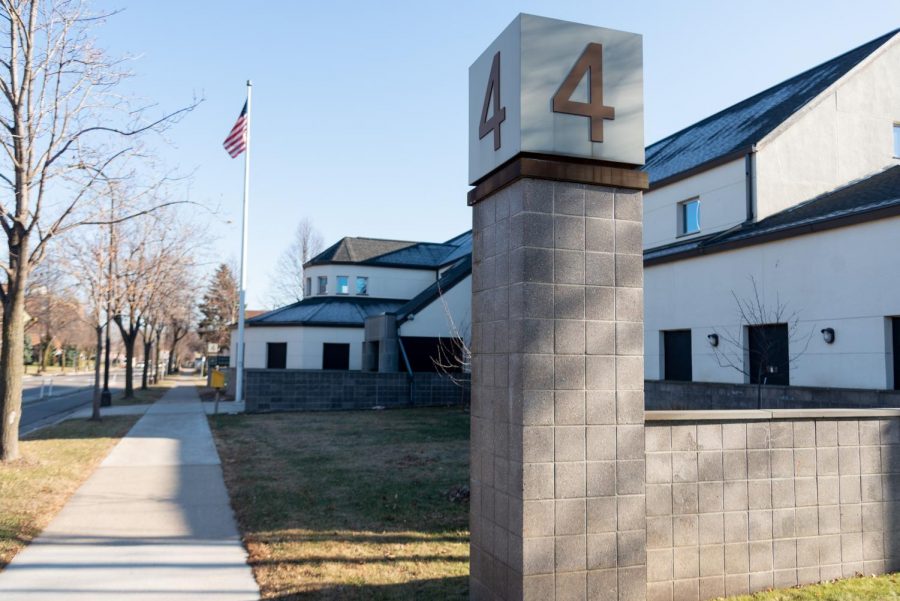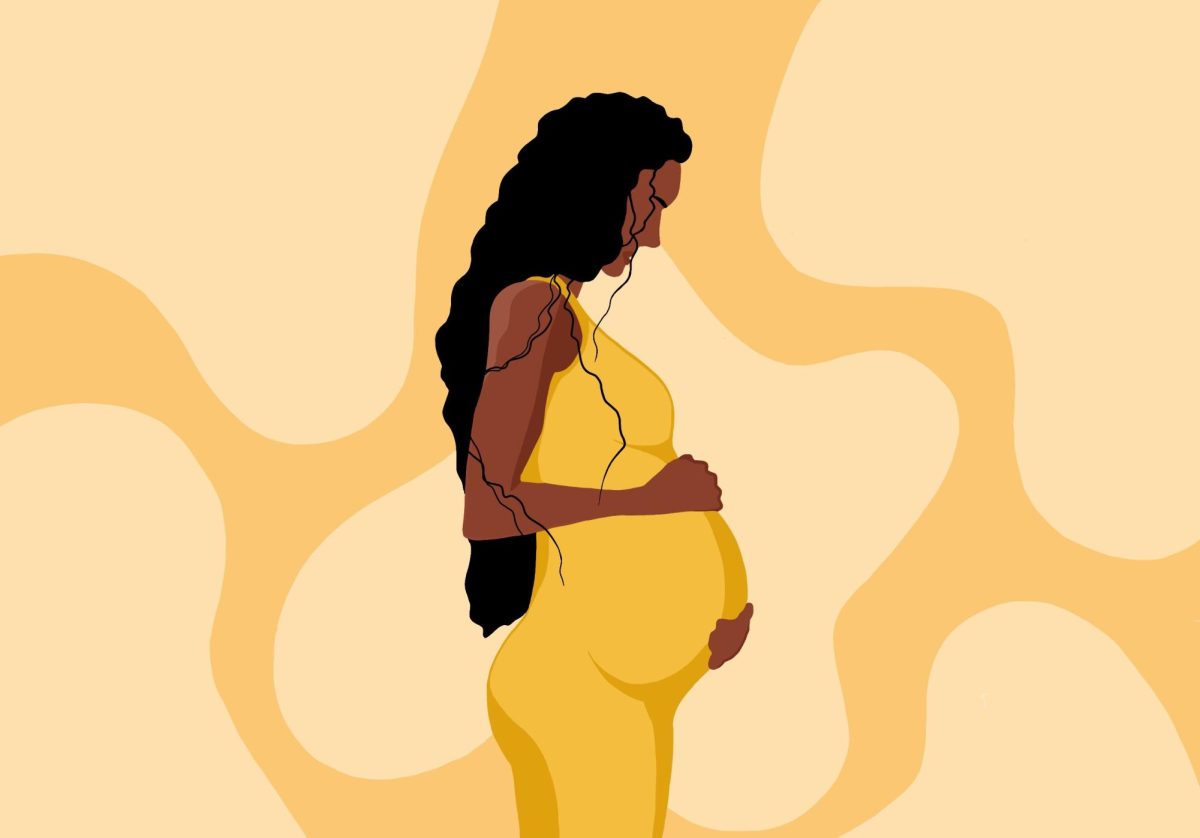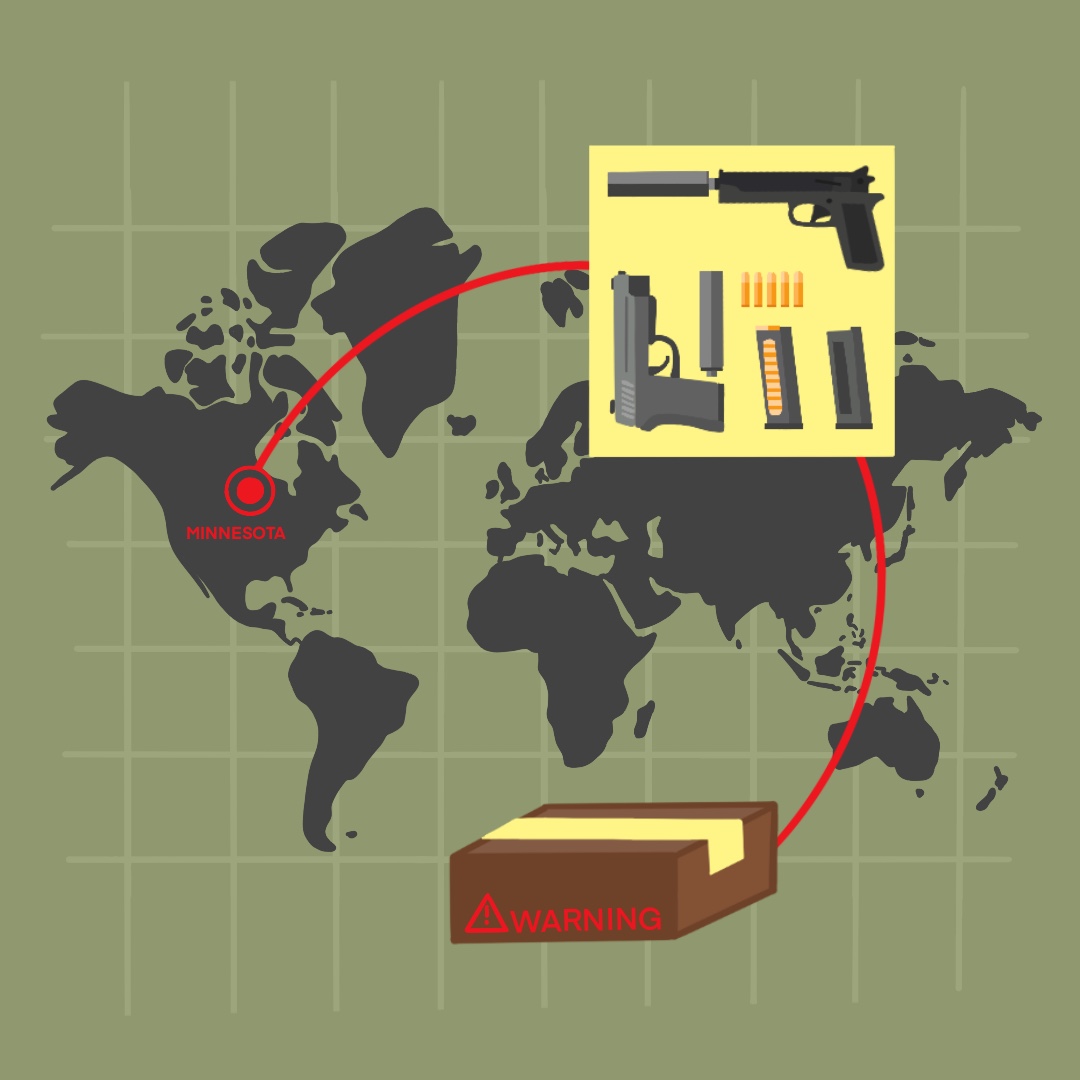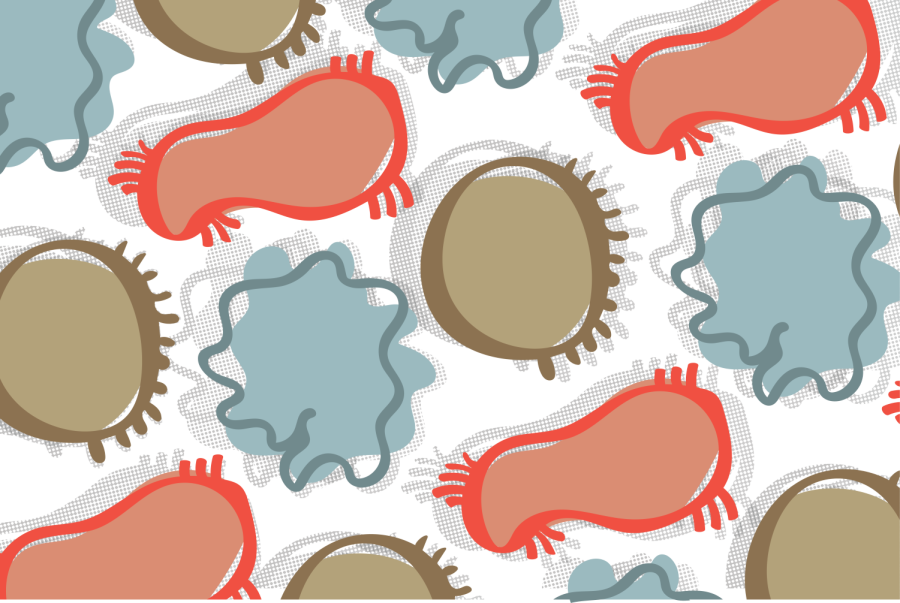A report published by the University of Minnesota Center for Urban and Regional Affairs in November found that many north Minneapolis residents want to see transformative changes in policing to address police violence.
The report, “Over-Policed and Under-Protected: Public Safety in North Minneapolis,” analyzed interviews from 112 Northside residents between 2017-2019, including policy recommendations, findings and insight from interviewees. According to the report, many described having negative experiences with police, including physical and verbal abuse.
Michelle Phelps, the project’s principal investigator and University associate professor, said she wanted to think about changes to policing and whether reform would be effective for residents in heavily policed neighborhoods.
“It was also really important to us to provide some solutions and not just describe problems in policing,” Phelps said in an email to the Minnesota Daily.
In addition to Phelps, five graduate and undergraduate research assistants helped to develop the report.
Over the years, the Minneapolis Police Department has come under scrutiny for police killings and Minneapolis residents bringing up concerns about public safety. After the police killing of George Floyd, Minneapolis became a focal point of national attention for debates about policing reform, defunding the police and abolishing the police.
“Just to know what happened less than two years later, after those interviews were taken, makes me sad that things actually got worse,” said University Ph.D. candidate and researcher Amber Joy Powell.
One of the findings in the report showed that many Northside residents take pride in their neighborhoods, providing examples of positives like their neighbors and locally owned businesses. But residents also worried about crime and violence. According to survey results, only 20% of respondents rated their neighborhood safety as “good” or “very good” despite having expressed positive thoughts about their sense of community.
The report recommends allocating more funding to community resources to increase public safety beyond policing. Other policy recommendations include accelerating efforts to reduce police misconduct, promoting more justice for victims of police violence and increasing the flow of communication between city leaders, police and community members.
Chris Robertson, a third-year sociology Ph.D. student, joined the team of researchers in the summer of 2018. He said his research interests include the intersections between policing, public health and race. In his role on the research team, Robertson collected existing research on topics like the effects of police violence and community trust. He also contributed to data analysis and coding for the report.
“As a Black male, policing is something that is very relevant and very much so connected to my life and how I navigate the world,” Robertson said. “This report, this research project, just researching policing in general, had always been close to my heart.”
Though he could have ended his role after finishing the University’s Graduate School Diversity Office Summer Institute that connected him to the research, he decided to stay on the research team. Robertson said some of his family members were victims of police violence.
“For my son, for all those close to me, not to have that fear of being stopped by a cop or being unfairly abused and brutalized by that … keeps me going and doing this research,” he said.
As a result of the report, members of the research team are working on publishing a series of articles based on the data and findings. They are engaging with policymakers and other stakeholders in Minneapolis to advance change, Phelps said.
“We share this report to bear witness to the many abuses of power in our city’s past and to call for deeply listening to the most-impacted residents in building structures for the future that provide safety and justice for all,” the report read.














